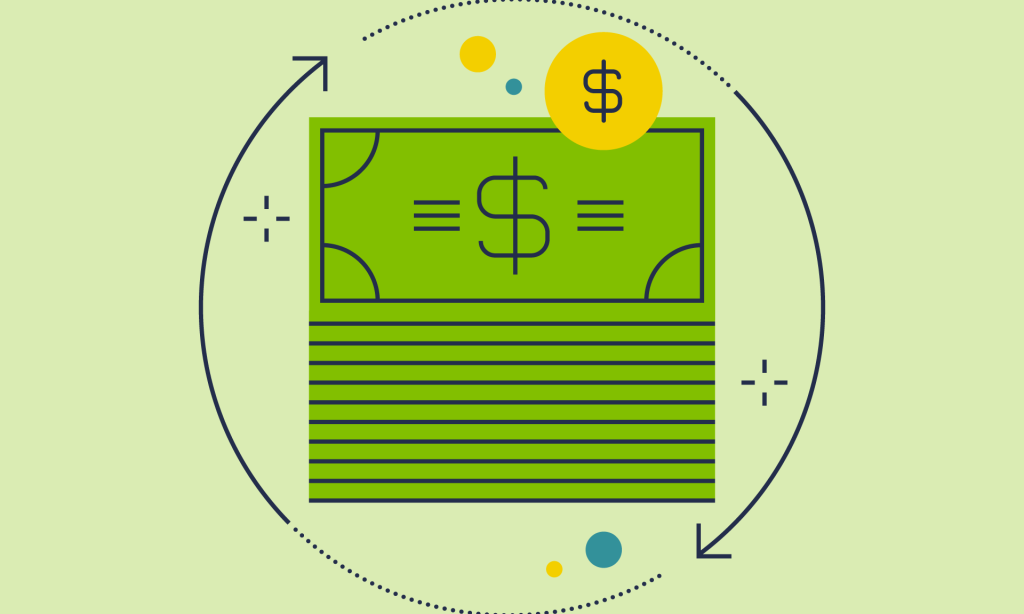

 Article
Article

Trends and predictions for the AI world. The importance of careful communication. Groundbreaking research using neuroscience to predict human choices. Employee disengagement and what to do about it. The importance of generalists in a tech-driven working world. Darden Ideas to Action insights draw from faculty expertise, books, research and cases.
The past year has seen a dramatic shift in the landscape for the economics of AI. Artificial intelligence has made remarkable progress, and this progress has been faster than many expected. As we enter 2023, Darden Professor Anton Korinek shares some facts and his expert opinions on the implications of these developments.
Professor Marc Santugini, the Blue Ridge Distinguished Teaching Fellow at UVA’s Department of Economics, shares his insights on teaching in the metaverse, in conversation with Darden Professor Anton Korinek.
The economic base of the postindustrial world is defined by technology and service industries and the rapid way machine learning is changing them. Artificial intelligence’s influence on consumer expectation and business strategy has changed the way the workforce delivers goods and services — and is existentially changing the workforce itself.

To buffer the effects of the pandemic on the economy, the U.S. Congress has enacted a number of bipartisan COVID-19 related bills, including the CARES Act, which got a few things wrong. Darden Professor Anton Korinek shares insights on how to improve targeting and overall effectiveness of federal aid during large-scale crises.
Long before the coronavirus pandemic, advances in information technology were already fueling the rise of a handful of superstar firms that dominate the economy. COVID-19 has greatly accelerated that trend. Darden Professor Anton Korinek explores the implications of the superstar phenomenon for overall economic efficiency and, by extension, policy.
Epidemiology and economics: A smart containment strategy for COVID-19 could save the U.S. economy $10 trillion. Here: the effects of states easing lockdowns, putting a (literal) price on individual vs. societal costs of the disease, how to get the economy running and what changes to expect long-term, and why public health measures are so important.
Long before the coronavirus pandemic, advances in artificial intelligence (AI) were already causing unprecedented changes in work and business. Now, the world’s top thinkers on the economics of AI — Daron Acemoğlu, Diane Coyle, and Nobel Prize winner Joseph Stiglitz — are drawing new lessons from today’s crisis.
The questions we find ourselves asking in response to COVID-19 are complicated and colossal. But the act of asking questions together is a powerful activity for any community — and creates new possibilities for starting to overcome chaos. It is a crucial form of action that helps us creatively solve the problems before us.
Humanity is a social species — yet the coronavirus pandemic requires that we reduce physical contact. Here are actionable suggestions for effective interactions to help balance efficiency and connectedness, as modern technology helps us move our interactions to the virtual world and avoid significant social isolation.